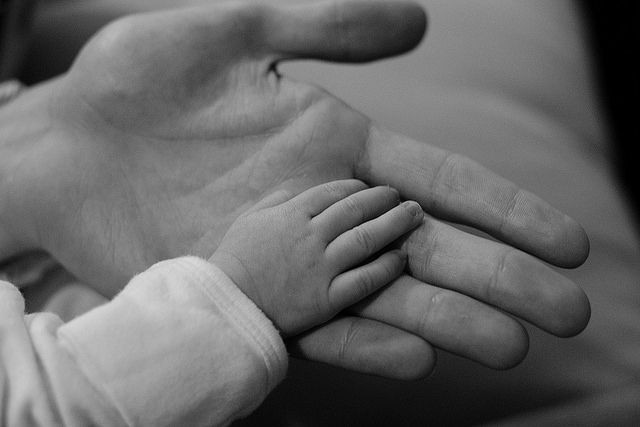Children Born Through Assisted Reproductive Technology May Be More Likely To Develop Leukemia

A new study published in Pediatrics this month has both good and bad news for children conceived through assisted reproductive technology (ART).
Analyzing the medical records of more than 1.5 million Norwegian children born from 1984 to 2011, including 25,782 conceived through ART, the study authors found no significant difference between the two groups in the overall risk of developing childhood cancers. However, for specific cancers, in particular leukemia, the risk was noticeably higher. In fact, children born through ART were more than three times as likely to develop leukemia.
"This population-based cohort study found elevated risks of leukemia and Hodgkin's lymphoma in children conceived by ART," the authors concluded.
For as long as we've possessed the ability to help otherwise infertile couples conceive, (1978 saw the birth of the first child using in vitro fertilization, or IVF), there have been concerns for the health outcomes of these almost miraculous children. The theorized reasons for this concern are threefold.
For one, since women using ART are often times implanted with multiple embryos to increase the odds of success, they’re more likely have a multiple birth, such as twins. That in turn can increase the odds of having children born prematurely and/or with low weight, which are both risk factors for a variety of health conditions. There’s also the fear that the ART technique itself can cause subtle and damaging epigenetic changes to the developing fetus, similar to smoking during pregnancy. Lastly, the infertility experienced by one or both of the parents may indicate the presence of unhealthy risk factors that can be subsequently passed down.
In 2013, an extensive review of the evidence surrounding the subject found that ART children do experience a higher rate of premature/low weight births and a noticeably elevated, though still rare, risk of birth defects. The review, similar to the current study, also found ART children were more likely to develop a certain type of leukemia; to be specific, early onset acute lymphoblastic leukemia. There’s additionally some research showing that ART children are more likely to develop autism, a condition particularly linked to multiple/premature births.
Despite these findings, it should be noted that the absolute chance of ART-associated health problems is very low. In the current study, only 51 ART children developed any cancer at all during the study period, (.002 percent of 25,000), and the researchers found that the number of those who developed Hodgkin's lymphoma was particularly small, making it hard to come to any hard conclusions about the increased risk there.
While more research will be conducted, particularly on whether certain ART methods are riskier than others it’s worth emphasizing that the vast majority of ART children will lead lives as healthy as their naturally conceived counterparts.
Source: Reigstad M, Larsen I, Myklebust T, et al. Risk of Cancer in Children Conceived by Assisted Reproductive Technology. Pediatrics. 2016.
Published by Medicaldaily.com



























